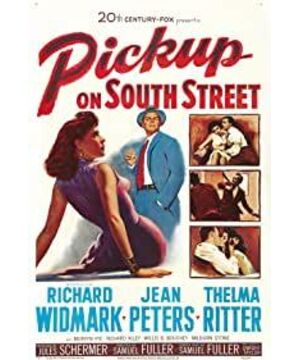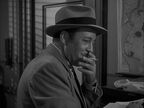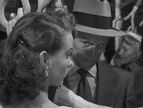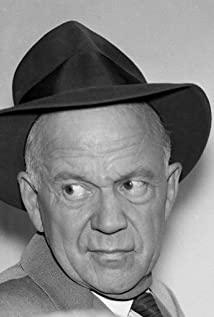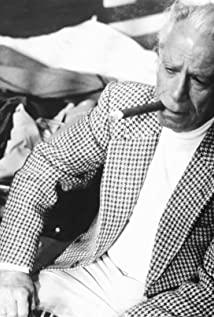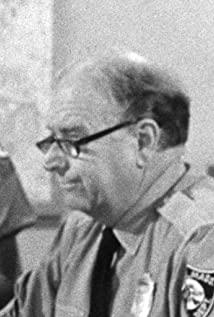That's right, this is A three-person movie. On the tram, the thief Skip stole the wallet of the woman in white. The wallet contained a photo of a state secret. The stolen woman, Candy, was actually used by Joe, who was hired by the Red Party, and has been tracked by the national security department. Although she didn't know it herself. Both the irritated police and the Reds started looking for Skip. The key to finding him as soon as possible is Moe, an old woman who sells inferior ties in the street. Under Moe's paid guidance, the police and Candy found Skip one after another. But Skip not only has no intention of handing over the stolen goods to any party, but also extorts a high ransom from Candy. After several unsuccessful negotiations, Joe, who was desperate, was ready to go out in person. When inquiring about Skip's residence, Candy's and Moe rejected him. Furious, he shoots Candy and kills Moe. Hearing the bad news, Skip was enraged. Start looking for Joe's revenge...
Although the story of the film has a strong ideological color, the director himself seems to have no intention of exaggerating anti-communist sentiment. Instead, he just presented it as a kind of background to the story. In this regard, Fuller once said:
"Actually, I don't care much about ideology. The film tells completely anecdotes. But in the society at that time, there were people who believed in (ideology), and some people sacrificed their lives for it or even went into it. Therefore, , these characters can be connected to the story. I'm less involved in politics, because it's boring. I'm not interested in the political system of the Communist Party in the United States and other places. Although this film focuses on spies, it is a business It's no different from the one with the same wallet. A pickpocket is a pickpocket, no matter what he stole..."
Taking this kind of downplaying but not deliberately avoiding ideology as a starting point, the characters created by the director in the film are realistic and diverse. The protagonist Skip's personal behavior is clearly anti-mainstream. When he was blackmailing Candy with film, he once clearly said, "You are a red element. But who cares? Your money is no different from other people's!" "I can do business with the red elements, but I will not trust anyone." But the other two protagonists have distinct political stances. For example, Moe, an old woman, often gets benefits by "selling information" to the police. It even "sold" Skip to the police not long ago. But in the end, she died under the opponent's gun because she adhered to the bottom line of not being with the Reds and refused to tell Skip's hiding place. After all, anti-communist thinking dominated American society at the time. It is also normal that the characters in the film generally have such thoughts and opinions.
Although it is impossible to avoid social reality, the director did not attribute the protagonist's last heroic act to the awakening of his deep patriotism, but focused on the character of Skip as a person in the course of the story. of perfection. "He was alone, he lived in his own jungle, in his own cocoon. But suddenly someone came into his enclosure, cared for him, even took a beating for him. These things had never happened before. So he Conflict with the red elements becomes a personal grudge." Yes, it was Moe and Candy's sincere love for him that melted his once cold and lonely heart and shattered his cynicism. And finally prompted him to hunt down the culprit alone!
At the end of the film, the Skip hunt and murder scene is very cleverly designed. The director did not transform the master who is a postman and a doctor into an omnipotent American special force completely by subjective imagination, like many later genre films. Skip's method of implementation takes full advantage of his professional characteristics. And this is reasonable, but also a good take care of the theme of the film.
In the handling of some auxiliary cutscenes, Fuller is also not satisfied with simple statements. Rather, it is an intentional pursuit of a unique stylized expression. For example, Katie went to a Chinese restaurant to find out, greet her fat man, and talk to her while eating Chinese fried rice. He seemed to be indifferent, never looking at the visitor from beginning to end, just blindly digging rice into his mouth. But it's actually cunning. Katie's simple name verification cost him an extra twenty dollars. And these banknotes are clipped into their pockets with chopsticks every time. leave a lasting impression on the audience.
Richard Windmark, who played the leading actor Skip, starred in many influential noir films in the 1940s and 1950s. Perhaps it is his unhandsome but resolute, but cynical appearance that has won the favor of a group of B-movie directors, including Samuel Fuller. Jane Peters, who played Candy, was nominated for an Academy Award for Best Actress that year for her outstanding performance in the film.
When it comes to Moe's actor Sylmarette, the audience seems to first think of her wonderful performance in "Rear Window". And in this film, she portrays Moe as well! Among them, in a scene where the police station identifies a pickpocket, Rhett makes the old woman deal with the police and negotiate a price, and the sophistication and cunning of her body are also vividly portrayed with a bit of a market rogue-like character. Astonishing. Sylmaret has been nominated for seven Academy Awards for Best Supporting Actress (including for this film). Although she has never been able to win the championship, it is enough to reflect her profound skills in portraying characters in various types of films.
View more about Pickup on South Street reviews


